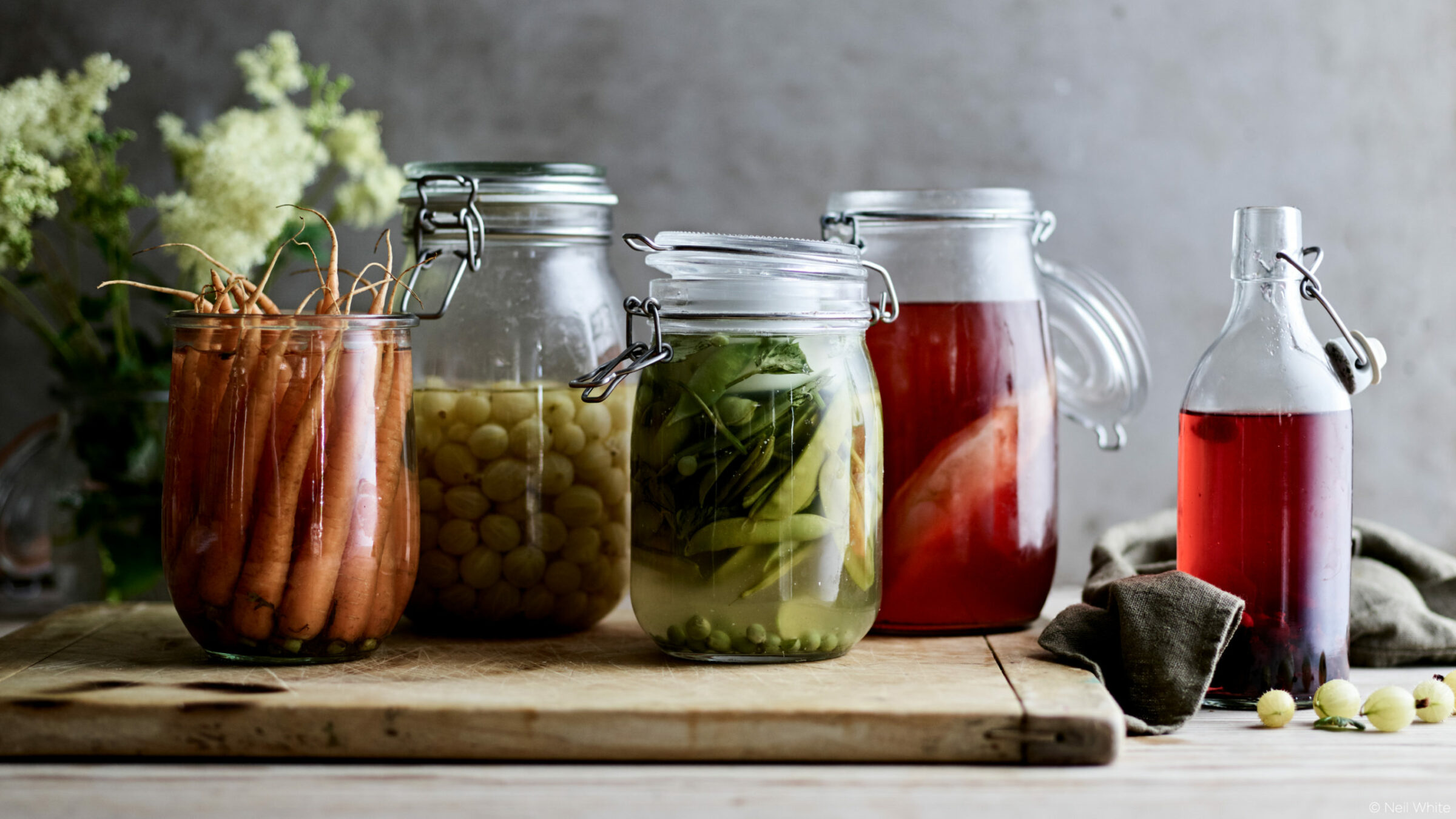Neil White is a food and lifestyle photographer who lives with his family in the beautiful county of Somerset, South West England. He puts his love for nature, food and crafts in all the work he does, telling the stories of passionate people who bring flavor into our lives.
Growing up, I wanted to become an archaeologist or a photographer. The thought of long hours on my knees in a muddy trench made the first option slightly less appealing and, in the end, I went with photography.
When I was starting out, I assisted fashion photographers for a few years. That made me realize I wasn’t really cut out to be a fashion photographer, but I took advantage of the studio to work on my own projects. I eventually made the jump and moved to London to work as an in-house photographer at a design studio for a large retailer. At 23, this was a complete baptism of fire. It taught me some good lessons and some pretty hard lessons. From this point I think my path was set and, even with a few detours along the way, being a professional freelance photographer became my life plan
Food photography
Years back, I snapped an image of my daughter holding a pizza we had made with flour produced by a mill in England. I uploaded it on Twitter and tagged the flour mill. A dialogue started and I ended up shooting a small book for them, featuring some well-known chefs in the UK. At the press launch, I met some very inspiring people, one thing led to another, and I discovered that food photography was what I wanted to do.
Today’s issues involving our food system have made people think a little harder about what is served on their plate, so it’s an important time for food photography, and there are some great people with inspiring stories to tell.
Often, making really good food photography is less about your talent as a photographer and more about surrounding yourself with the right people. Having a food stylist/home economist, a prop stylist and a director to help you on set will always produce the best results. Sometimes, however, you’ll work with smaller clients who have limited budgets but still need direction, so you’ll have to wear all those hats yourself throughout the day. In food photography, as in other genres, it’s just not enough to be able to take a good shot.
In fact, I also cook, bake and experiment with food a fair amount (not so good with washing up though). My studio has a fully equipped kitchen so often, on a free day, I’ll be in there playing around and trying out new ideas.
Apart from food, I enjoy capturing craftspeople and their work, be that a potter, a Saville Row tailor or a leatherworker. It’s refreshing that, in a time of fast fashion and convenience, craft is making a comeback. And the people who are behind this resurgence are so inspiring to photograph!
Another thing you should know about me is that I’m a real country boy at heart. We live in Somerset, South West England, which is a truly beautiful part of the world. In an hour’s drive you can go from coast to hills, to farmland and moorlands, with interesting people and so many stories weaved in between. This has definitely informed my approach to photography.
That’s also why I like projects in which I can follow the story from start to finish. Even for a food shoot, being able to capture the environment, the people, the process and the final product is very important to me. Also, I’m realizing people want to know a lot more about their food and where it comes from.
"No two days are the same. It’s hard to get bored with an ever-changing career."
I’d like to think that my projects make people want to be there in the shot, maybe cooking over fire on the beach, baking a pudding on the allotment or foraging the seashore. I hope I’m inspiring people to want to do something new.
Some of my projects are commissions for editorial, and some are born through collaborations with like-minded people, including journalists and chefs. For example, I’ve been working with a large producer of organic foods and, together with their creative agency, developed some great stories promoting the benefits of an organic lifestyle.
Medium format
I have always used medium format, from my early days of shooting film on Hasselblad, through to Mamiya RB, and then to digital on Phase One DF/P25+, and now the XF/IQ system. I think it’s the very straightforward nature and feel of using medium format that appeals to me. If you have never shot medium format, it’s hard to understand, but if you try it once, you’re hooked for life.
I got introduced to Phase One the first time I ever tethered in the studio, with a DF body and P25+ digital back, and the quality was just incredible.
I naturally moved to the XF/IQ when it was introduced to the market. I wanted a system which was ‘future proof’, not just a camera but an investment in a flexible system which I could build on when I needed to. I call it my work horse. It’s the reliability and the straightforward, easy-to-navigate nature of the system which I love.
The best thing about being a photographer
My dad likes to tell me ‘you don’t have a proper job!’ If by this he means I have a job which I truly enjoy, through which I meet lovely interesting people and control my own destiny, then fine, I’ll settle for that, Dad! I do have to pinch myself sometimes, though. I take pictures for a living: that’s the best thing.
The hardest thing about being a photographer
Like anyone who is self-employed, I’m constantly on my toes and there are no certainties, I always try to stay ahead of the curve, be consistent and give something different or new to each project. That’s the biggest challenge.
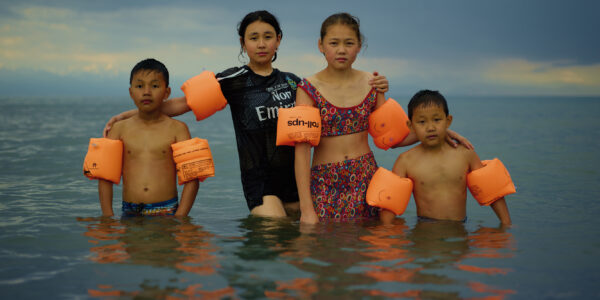
Photographer Stories
Intimacy in focus: Louise’s lens on humanity with Phase One_Part1
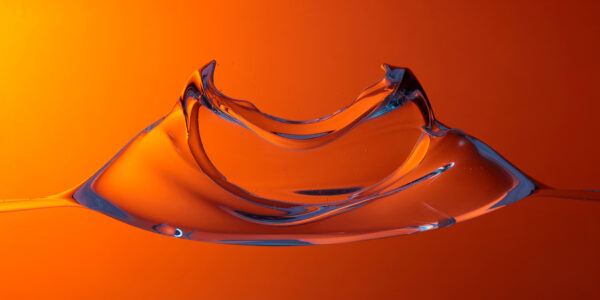
Photographer Stories
Dimitri Newman: Vision is Just the Start
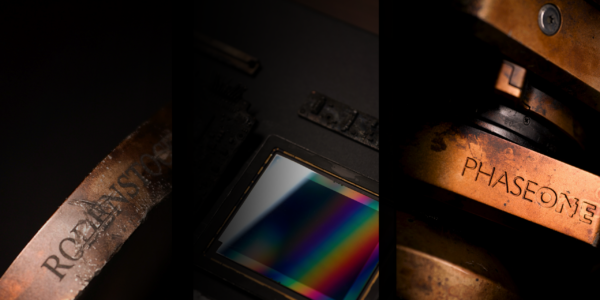
Photographer Stories
Ashes: The Rebirth of a Camera- Hexmalo
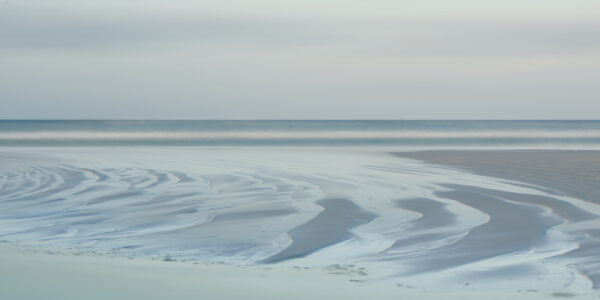
Photographer Stories
Chandler Williams: A Photographer’s Path
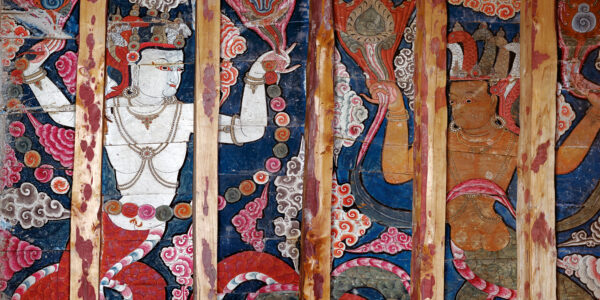
Photographer Stories
TABO- Gods of Light
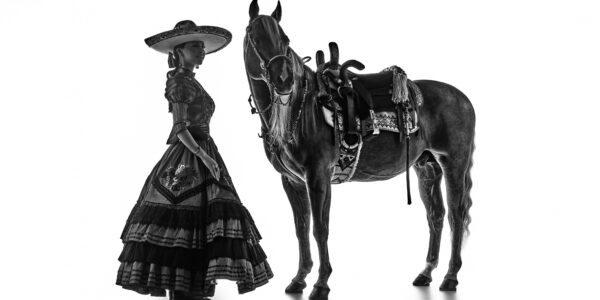
Photographer Stories
Loreto Villarreal – An Evolving Vision
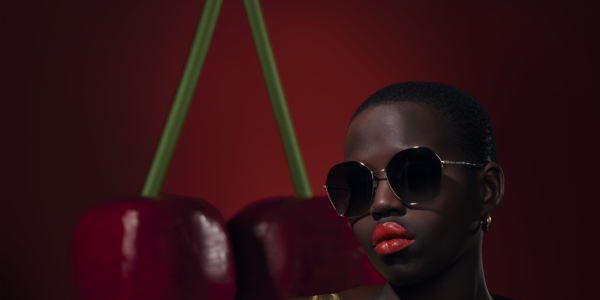
Photographer Stories
Tobias Meier – Storytelling Photography
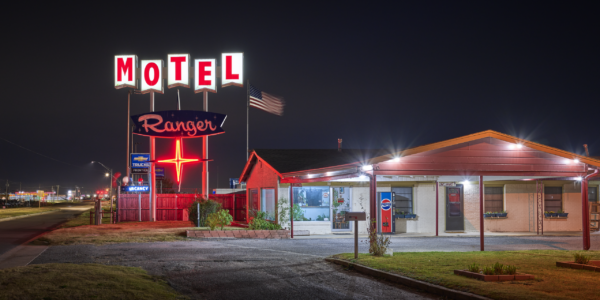
Photographer Stories
Gregory Essayan – Curating Reality
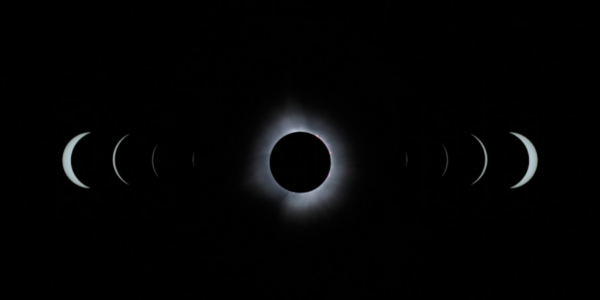
Photographer Stories
Total Solar Eclipse – Matthew C. Ng
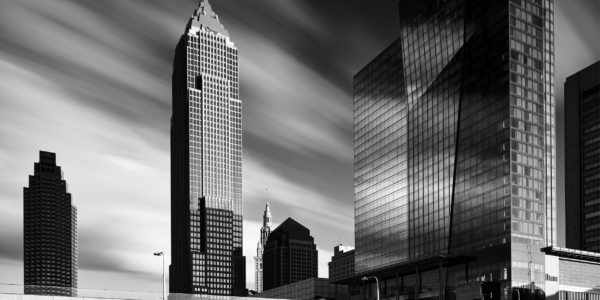
Photographer Stories
Roger Mastroianni – Frame Averaging
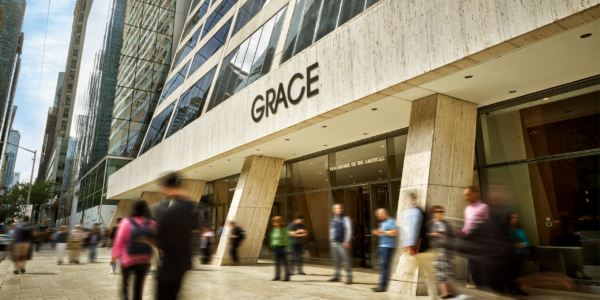
Photographer Stories
Matthew Plexman – Bringing portraits to life
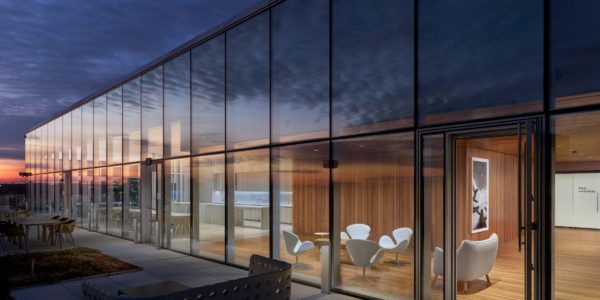
Photographer Stories
Prakash Patel – A Visual Design Story
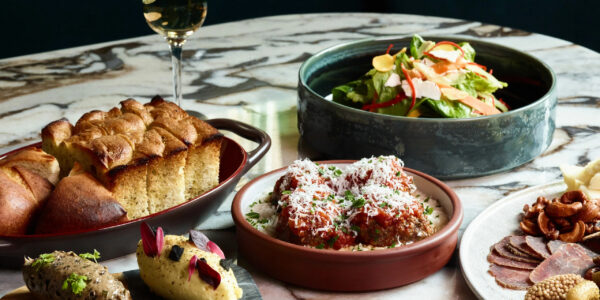
Photographer Stories
Karen Culp – Food Photography Ideas
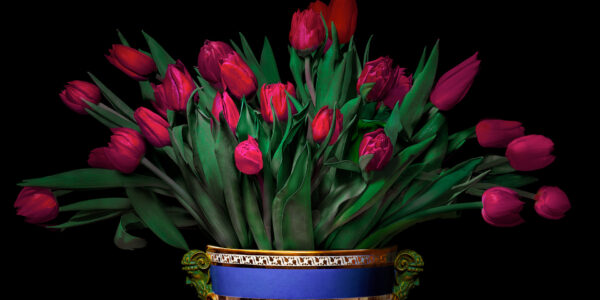
Photographer Stories
T.M. Glass: Flower portraits
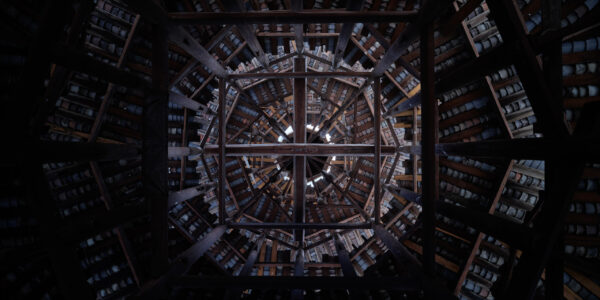
Photographer Stories
Preserving ancient Chinese buildings – Dong Village
